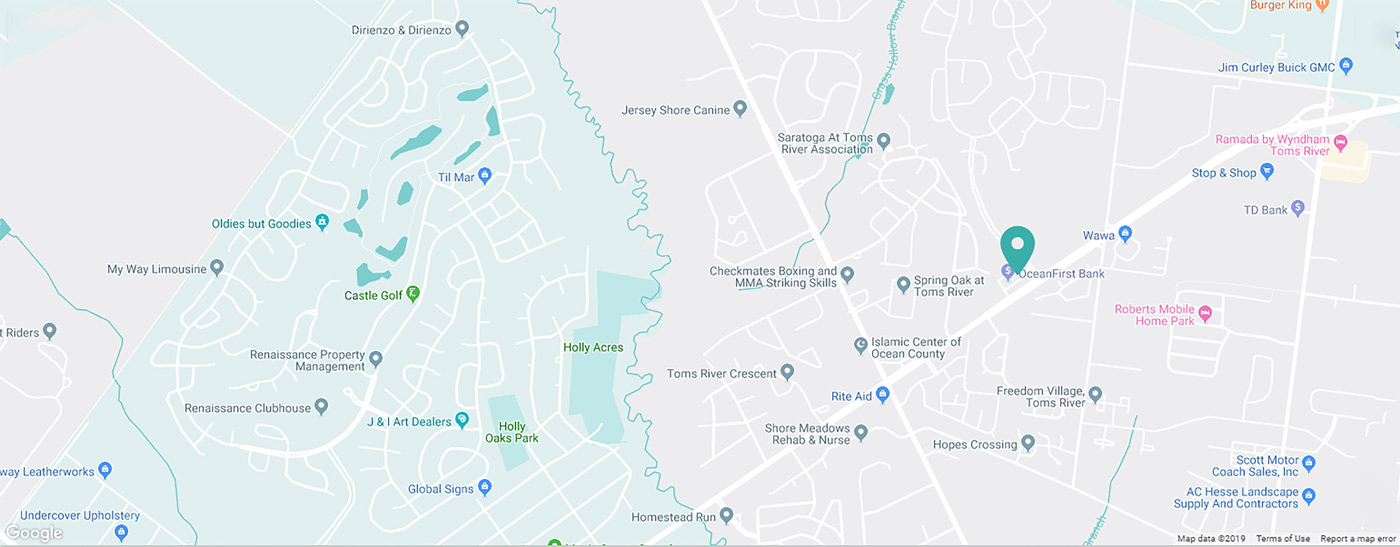Ideally, a real estate deal will be smooth sailing, but the reality is that bumps often occur along the way. Sometimes, buyers may require a legal remedy for an issue with the property or the contract.
First-time home buyers and market veterans alike should be aware of these potential legal issues when buying a home.
Undisclosed property issues
If a home inspector uncovers or the seller discloses defects in the home, the buyer can negotiate the offer based on the estimated cost of repairs. However, sometimes major problems go unnoticed until after closing.
In New Jersey, sellers legally imply that a home can be safely inhabited by the act of selling the home. They must also disclose known defects in the property that may not be immediately obvious to a buyer. Listing the property “as is” does not release a seller from these legal requirements.
Undisclosed additions
Significant changes to a property require a permit from the local jurisdiction. If a seller has constructed an addition or otherwise majorly altered the structure of the home without a permit, he or she may be responsible for fines or back property taxes at closing. Otherwise, the buyer may end up shouldering these costs if the city discovers the permit issue months or years after closing.
Condition of home
The purchase agreement indicates the required condition of the property upon closing, including completion of all negotiated repairs and items that the seller included with the sale, such as furniture. The buyer may delay closing or seek financial recourse if the seller leaves the home in poor condition, fails to complete repairs as agreed or removes items that he or she should have left with the house.
Restrictive covenants
This type of agreement requires or restricts a buyer regarding the use of the property and land. For example, the home may be subject to an easement that requires public use of a portion of the land for road access. Buyers may want to negotiate the terms of restrictive covenants.



